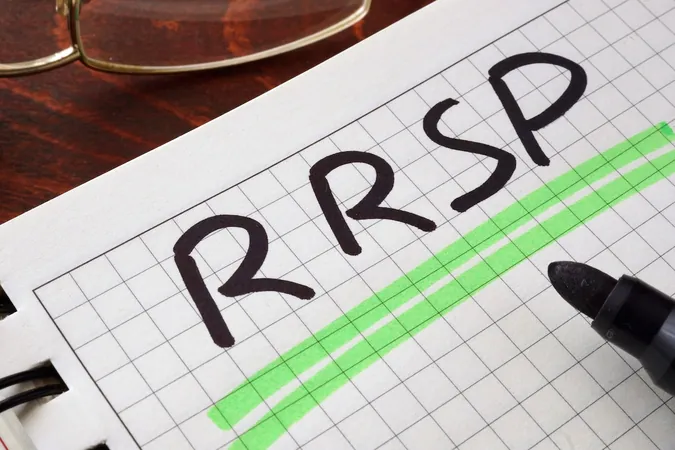
Google Faces Fallout After Earthquake Alert System Fails to Warn Before Turkey Disaster
2025-07-28
Author: Olivia
In a startling revelation, Google has admitted that its Android Earthquake Alerts (AEA) system woefully underperformed prior to the devastating earthquake that shook Turkey in February 2023. The quake reportedly took the lives of over 55,000 individuals and left more than 100,000 injured.
Despite the capability to reach up to 10 million people within a 158-kilometer radius of the epicenter, only 469 "Take Action" alerts were dispatched ahead of the catastrophic 7.8 magnitude quake. This is particularly alarming given that these alerts are designed to jolt sleeping users awake and prompt immediate safety measures.
In a misguided miscalculation, about half a million users received a lesser alert termed "Be Aware," intended merely for light tremors and unable to bypass Do Not Disturb settings.
The alert system misjudged the earthquake's intensity, initially rating it between 4.5 to 4.9 on the moment magnitude scale, a gross underestimate compared to the actual magnitude of 7.8. Google acknowledged the shortcomings in their detection algorithms in subsequent research.
Following this disaster, an investigation revealed that none of the individuals surveyed in the affected areas had received the critical "Take Action" alerts before the tremors hit. This is particularly troubling since the earthquake struck at 4:17 AM local time, catching countless residents off guard in their sleep while buildings collapsed around them.
Despite earlier claims of satisfactory performance, Google's publications now openly discuss the limitations of their early warning system. The subsequent quake later that same day also suffered from algorithmic miscalculations, though it did trigger more alerts—over 8,000 "Take Action" and nearly 4 million "Be Aware" notifications.
In response to the disaster, Google has since revised its detection algorithms, claiming that the updated system would have issued as many as 10 million "Take Action" alerts had it been implemented during the initial quake.
Experts have expressed urgent concerns over the delay in disclosing these critical findings. Elizabeth Reddy, assistant professor at the Colorado School of Mines, voiced her frustration, stating, "We're not talking about a little event — people died, and we didn't see a performance of this warning in the way we would like."
The AEA system operates independently from national governments and relies on the seismic movements detected by Android smartphones, which dominate the mobile market in Turkey.
While Google insists that the AEA is intended to complement, not replace, existing national early warning systems, there are fears that some regions may grow overly dependent on the technology. Harold Tobin, director of the Pacific Northwest Seismic Network, raised a valid concern, asking whether countries might mistakenly assume, "Google's doing it, so we don't have to?"
The call for transparency regarding the efficacy of the AEA system is louder than ever, especially after a disaster of this magnitude. As the world watches closely, the BBC has reached out to Google for insights on how the AEA system performed during the 2025 earthquake in Myanmar, but a response has yet to be forthcoming.









 Brasil (PT)
Brasil (PT)
 Canada (EN)
Canada (EN)
 Chile (ES)
Chile (ES)
 Česko (CS)
Česko (CS)
 대한민국 (KO)
대한민국 (KO)
 España (ES)
España (ES)
 France (FR)
France (FR)
 Hong Kong (EN)
Hong Kong (EN)
 Italia (IT)
Italia (IT)
 日本 (JA)
日本 (JA)
 Magyarország (HU)
Magyarország (HU)
 Norge (NO)
Norge (NO)
 Polska (PL)
Polska (PL)
 Schweiz (DE)
Schweiz (DE)
 Singapore (EN)
Singapore (EN)
 Sverige (SV)
Sverige (SV)
 Suomi (FI)
Suomi (FI)
 Türkiye (TR)
Türkiye (TR)
 الإمارات العربية المتحدة (AR)
الإمارات العربية المتحدة (AR)